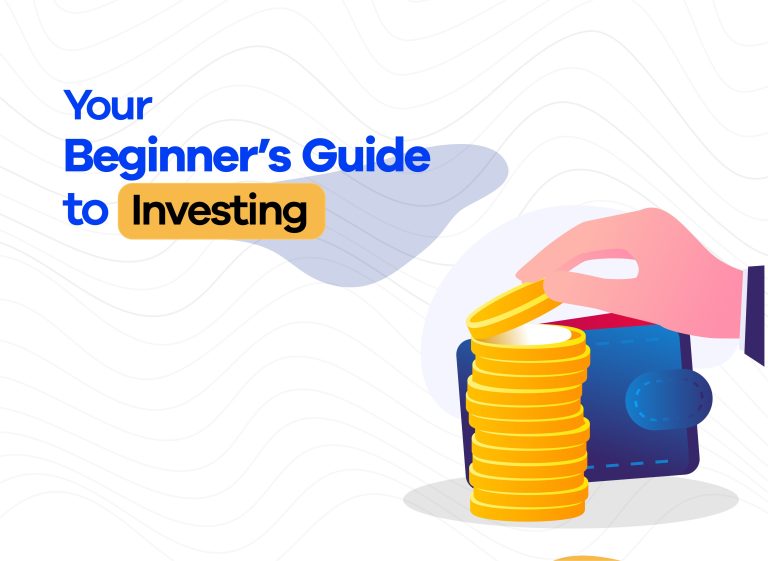The balance of your expenses greatly depends on how you use your income. Your expenses are out of control because you don’t have a healthy relationship with your finances. This means you spend on the right things and wrong times. To gain wealth, you have to start making smarter decisions to keep more of the money you earn by spending less than you make.
Have you been struggling with the challenge of setting financial boundaries? Being unable to get ahead of those bills is relatable and can be understood. Still, if you continue to struggle, you might eventually end up with financial anxiety without savings or emergency funds. I have five tips below that you should avoid distinctly on your journey to building wealth.
- High debt level: This is, without doubt, a primary reason why you would be unable to meet up with all expenses for needs and still have sufficient to be saved and cater for wants. The problem is not paying balances on time and delaying payment, which increases your debt level. It becomes challenging to deal with huge debts, causing anxiety for you and the fear of saving any money when you haven’t successfully cleared the previous debt.
- Lack of savings: Not having savings is another reason you haven’t balanced your expenses. Without savings or something put away for emergency reasons, you would have to spend recklessly without checking because emergency funds aren’t readily available, causing a significant dent in your spending habit.
- Overspending; Spending more than you receive or trying to live an equal lifestyle. This ideology is common among millennials with unending cravings for things of the season; because of this, people hardly have control your their finances. We tend to empty our pockets, causing financial concerns. Overspending should be avoided by all means.
- Money management problem: You’re low on cash and suffer financial chaos. This means you need to learn more about money management and not limit yourself to what you know. There are articles for free on Google and over a million books in pdf formats that can teach you about money. You could also invest in yourself by buying physical books.
- Having no financial goals: Most times, we believe that financial goals are only for people with hefty paychecks and multiple income streams to allocate funds effectively. A financial plan is a big-picture or objective set for how you’ll save and spend money. They can be things you hope to achieve in the short term or further down the road. It is often easier to reach goals if identified in advance. Everyone needs a realistic goal that meets their needs and plans per time.




